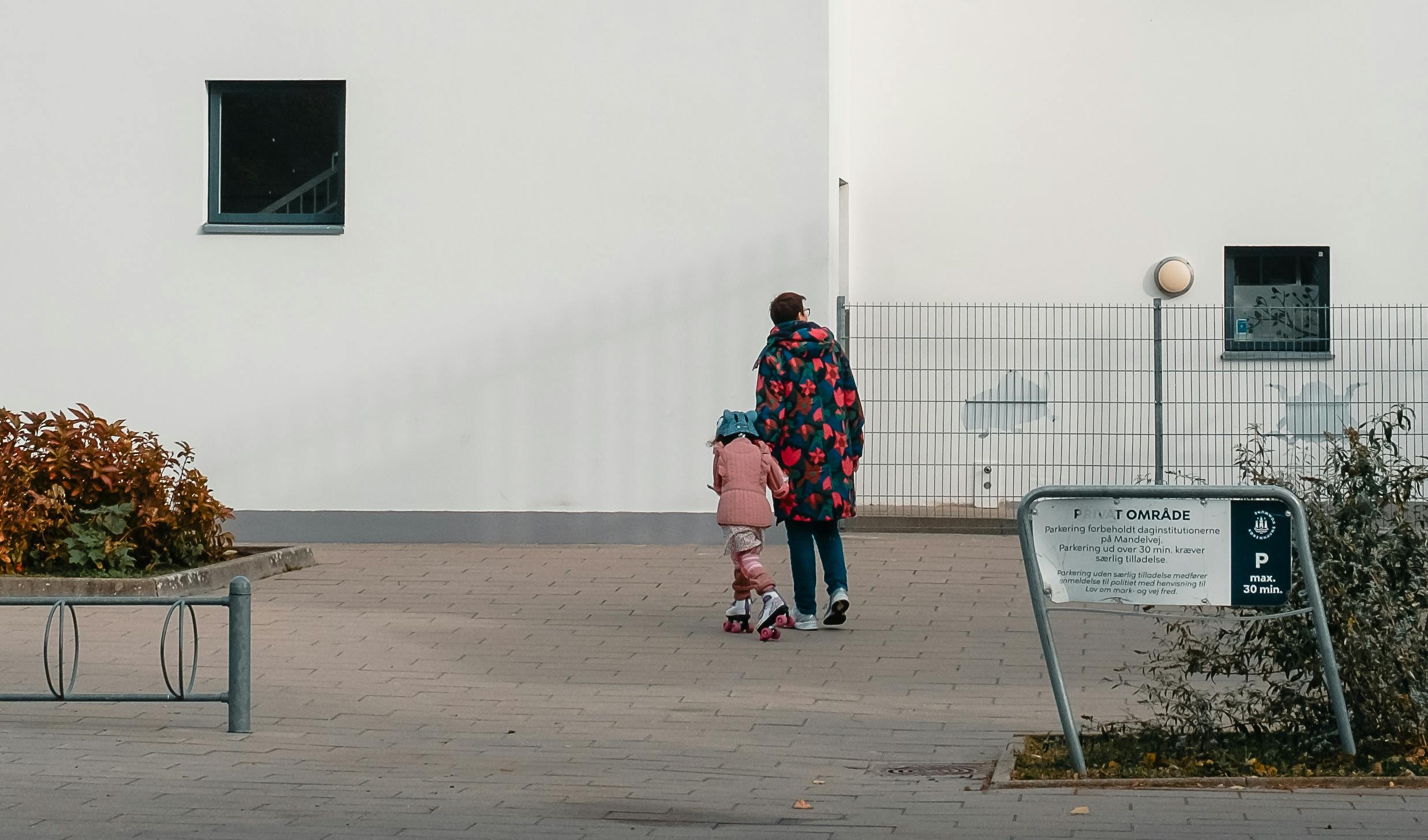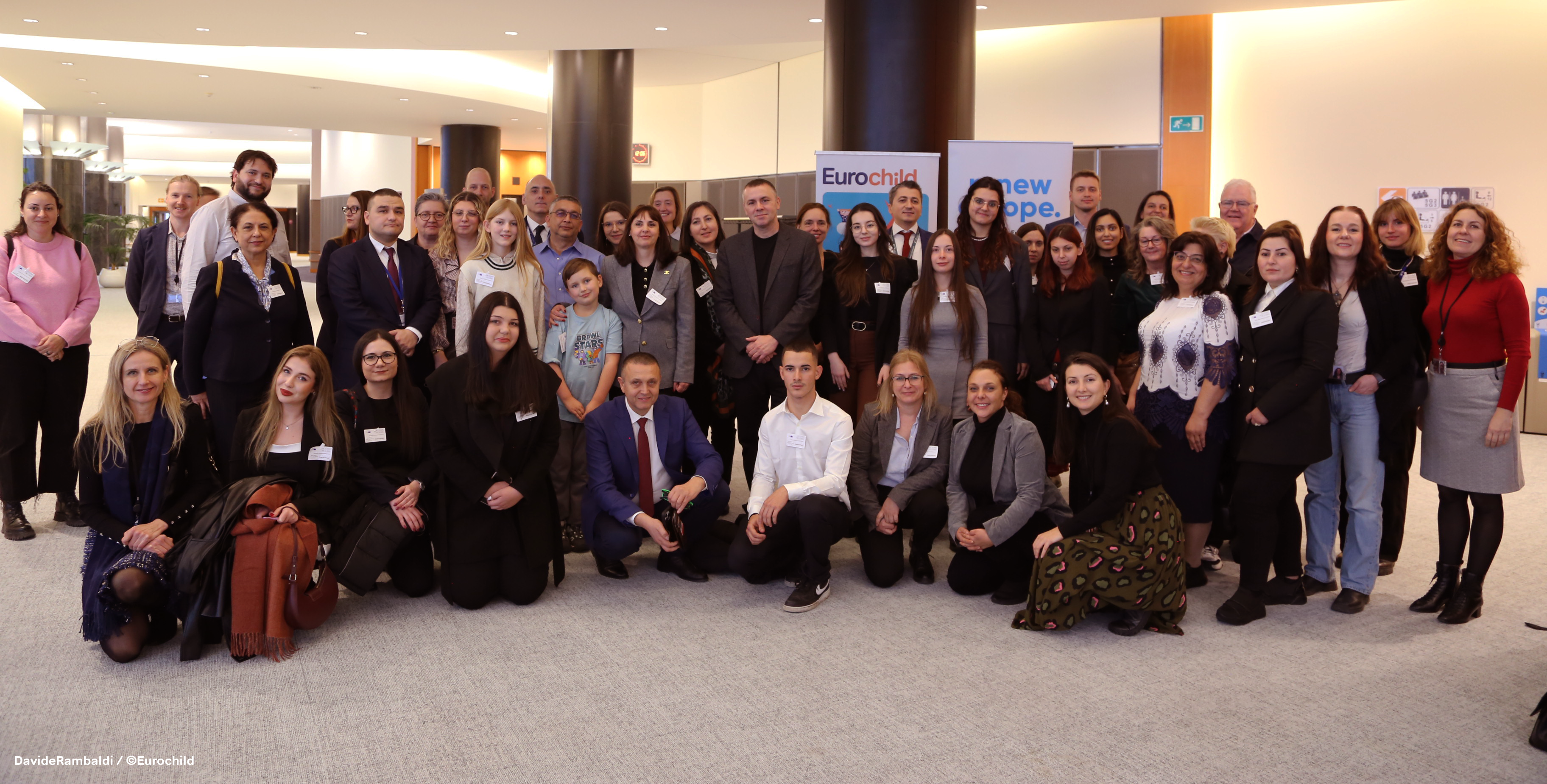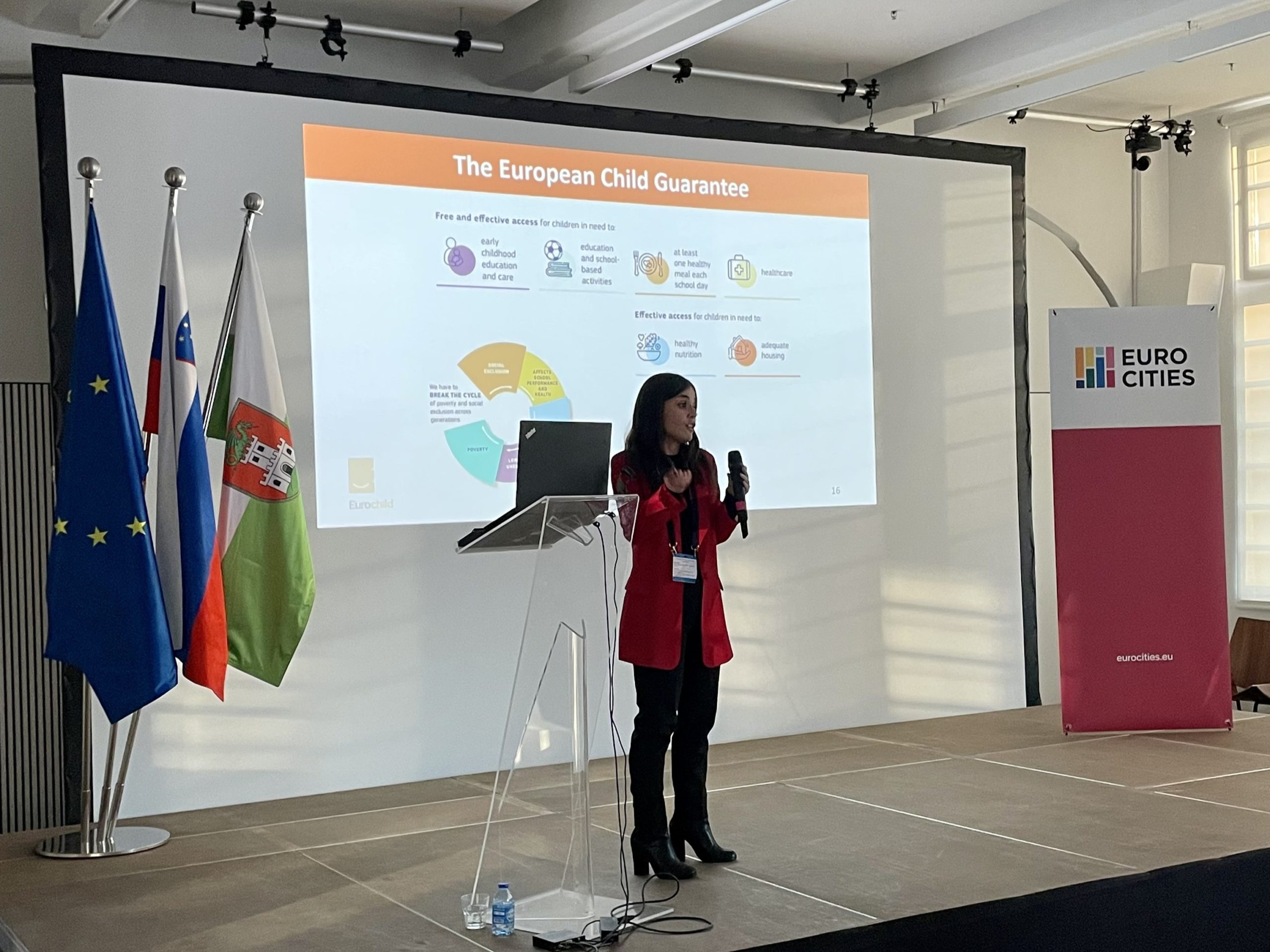The European Child Guarantee in Latvia
A critical assessment of the National Action Plan by Eurochild member Latvian Child Welfare Network.
Latvia submitted its National Action Plan for the European Child Guarantee to the European Commission on 21 November 2023, one year and eight months after the deadline for submission. The National plan was previously agreed by the Co-operation Council in Children Matters (an advisory collegial body convened and chaired by the Minister of Welfare) with the implication that the Ministry of Welfare would continue to work on its improvement, after receiving recommendations from the European Commission. However, since the submission of the National plan to the European Commission, there has been no activity and the Latvian Child Welfare Network (hereafter LBLT), has only received and continues to receive promises that something will be done to improve the National plan.
At the instigation of the LBLT, the Ministry of Welfare set up a Co-operation Council’s in Children Matters sub-group "On the development of an action plan for the implementation of the European Guarantee for Children". It brings together representatives from different ministries and institutions, as well as NGOs, and aims to work on the implementation of the European Guarantee for Children through the development, implementation and monitoring of the National plan. However, the sub-group's activities can be viewed as formal. Indeed, it convened only twice in the year and a half since it was set up: the first time to obtain the members' views on the development of the National plan and the second time to present the National plan already drawn up by the Ministry.
The Child Guarantee National Coordinator in Latvia is a senior expert in the Ministry of Welfare's Department of Child and Family Policy. He prepared the National plan and he is the only person working on the implementation of the European Child Guarantee in Latvia in addition to all his other duties. Consequently, he does not have sufficient human resource support from the Ministry of Welfare's administration and other ministries, nor adequate funding and authority to effectively coordinate and monitor the implementation of this recommendation and to develop the necessary inter-institutional cooperation. Unfortunately, the National plan does not specify the mandate of the Child Guarantee Coordinator nor provide information about resources at his disposal.
Children in need
In the National Plan, the State has identified as target groups of children those already covered by the regulatory framework for specialised and individual support measures. The National plan includes comments on why the target groups listed by the Council of Europe, for which no support measures are set out in the Latvian national framework, should not be considered as target groups. It emphasises that all children in Latvia should be provided with an equally high level of support, and singling out certain groups would contradict this principle.
It is also worth mentioning that although the National plan points out that one-parent families have a significantly higher poverty risk index compared to other families with children, the National plan does not designate this category of children as a target group, nor does it envisage support measures, even if the current national policy does not provide for them. The National plan therefore provides only an overview of the situation of children in Latvia, along with the policies, activities and support available, as well as the responsibilities of those involved.
Quantitative and qualitative targets
The National Plan does not include information on the activities planned to support the target groups and the measurable results to be achieved. It gives general targets and results, without indicating the activities planned and their timing to achieve the objective. The objectives to be achieved in the National plan are not based on data from research about the target groups, nor does the National plan provide support for such research. The National Plan mentions that it is an integral part of the planning documents for the policy in question and due to this fact, it will not duplicate information either on resultative indicators, planned measures and EU funds ensuring implementation of the recommendation made in the European Child Guarantee. However, there is no reference to the European Child Guarantee in Latvia's national planning documents.
Outreach
We believe that for the successful development and implementation of the National plan, it is essential to inform all stakeholders, including children and their families from the target groups, about the European Guarantee for Children, its importance and purpose. The European Guarantee for Children has not been explained to stakeholders in the meetings and workshops held so far. No information on this can be found on the websites of any national institution and no reference to the European Guarantee for Children is included in any normative document.
On April of this year, LBLT organised a forum dedicated to the European Guarantee for Children, where all areas of the Guarantee were discussed and in a live discussion the responsible ministries expressed their opinions and proposals to solve the problems. This is the only public event of its kind so far in Latvia where the European Guarantee for Children has been discussed.
Involvement of stakeholders
The National Plan states that LBLT was involved in the identification of children in need. In truth, LBLT urged the Ministry of Welfare to organise a workshop to identify the specific target groups of children at risk of poverty and social exclusion. We believe that it should have been the first step in the process of developing the National Plan, in order to thoroughly identify the specific groups of children at risk of poverty and social exclusion in the current Latvian’s context.
Two workshops were also organised, bringing together representatives of various institutions and non-governmental organisations. However, the proposals gathered at the workshops were not further discussed and debated, nor were they used in the preparation of the National Plan.
We also urged for children and their families from the target groups to be involved in the development of the National Plan. In one workshop, some representatives of youth organisations were present, but they were not related to children in need. Therefore, we consider that the activities carried out so far have not provided the participation of children from the target groups.
For further information you can contact our member Latvian Child Welfare Network at info@bernulabklajiba.lv.





